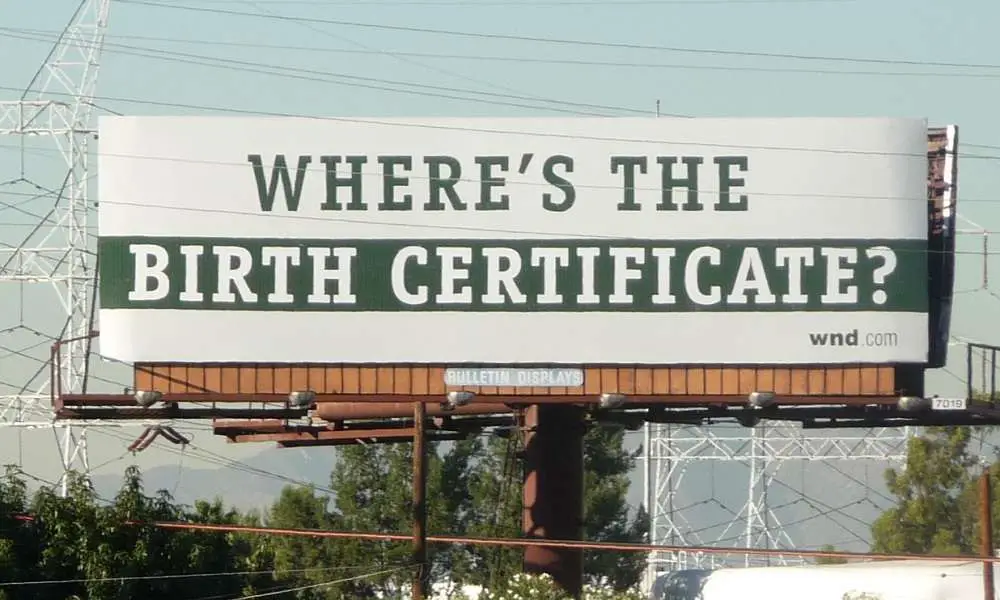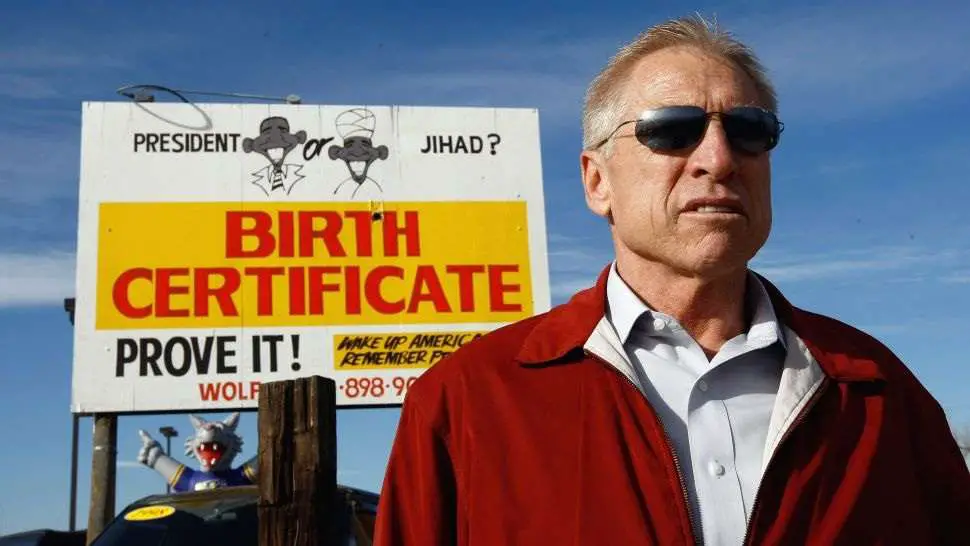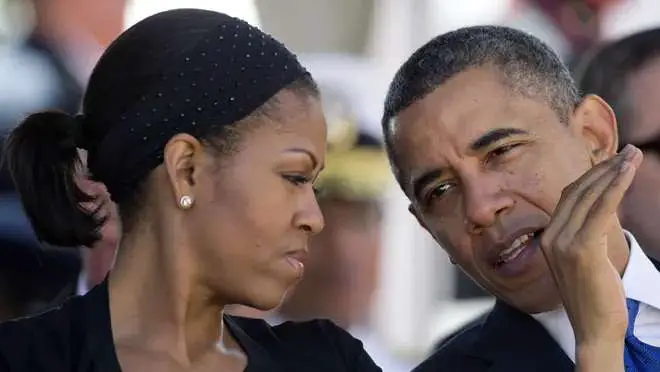Table of Contents
Conspiracy theories have always had a presence in society, from the curious tales of secret moon landings to the enigmatic allure of the Bermuda Triangle. However, some conspiracy theories transcend the boundaries of fringe beliefs and have a lasting impact on the broader public discourse. The Barack Obama birtherism conspiracy is undeniably one of those theories that left an indelible mark on American politics.
The Birth of the Conspiracy

Barack Obama, the 44th president of the United States, was born on August 4, 1961, in Honolulu, Hawaii. His Hawaiian birthplace seemed unambiguous, but as he embarked on his campaign for the presidency in 2008, a shadowy conspiracy began to take root. This conspiracy, known as birtherism, claimed that Barack Obama was not born in the United States but instead in Kenya, the birthplace of his father.
Central to the birther conspiracy was the assertion that Obama was not a “natural-born citizen” of the United States. The Constitution requires that presidential candidates be natural-born citizens, even though Obama’s mother was indeed an American citizen. This theory gained traction despite the existence of birth announcements in a Honolulu newspaper and the recollections of friends who remembered the day Obama’s mother went into labor.
Challenging the Conspiracy
To counter these unfounded allegations, Barack Obama took an unprecedented step. In 2008, he released a copy of his short-form birth certificate, a move intended to put an end to the growing speculation. However, this initial disclosure failed to quell the conspiracy’s flames.
The birther movement persisted, leading Obama to take an extraordinary step in 2011 by releasing his original “long form” birth certificate. This release contradicted the standard practice of the hospital, which typically issued computer-generated copies of birth certificates as acceptable identification.
Billboard promoting the “birther” conspiracy theory

In November 2009, Phil Wolf, the owner of a used car dealership, made a conspicuous statement by investing $2,500 in a billboard promoting the “birther” conspiracy theory. This billboard, located in Wheat Ridge, Colorado, became a symbol of the persistence of the birther movement and its reach into various aspects of public discourse, including local businesses.
It served as a vivid example of how conspiracy theories could extend beyond politics and permeate into the realms of everyday life, leaving a lasting imprint on American culture.
Impact on Public Opinion
The release of Obama’s long-form birth certificate in 2011 did have a discernible effect on public opinion. According to Gallup polling, the percentage of Americans who believed in birtherism decreased after the release. Nevertheless, the conspiracy had already taken a significant toll on American political discourse and had a lasting impact.
The Role of Political Activists and Pundits
Throughout the birtherism saga, many conservative political activists and media pundits elevated their profiles by advocating for the conspiracy theory. One prominent figure among them was Donald Trump, who was not yet president but was a prominent public figure at the time.
Donald Trump’s involvement in birtherism lent the theory an air of legitimacy in the eyes of some. As a real estate mogul and television personality, Trump’s embrace of the conspiracy theory thrust it further into the mainstream political conversation. His insistence on questioning Obama’s birthplace fueled the birther movement and set a precedent for the use of conspiracy theories as political tools.
Conclusion
The Barack Obama birtherism conspiracy remains a dark chapter in American politics, a reminder of the power and persistence of baseless theories. It challenged not only the legitimacy of a sitting president but also the very principles of truth and evidence-based discourse. While the release of Obama’s long-form birth certificate diminished the prevalence of birtherism, its consequences continue to reverberate in the world of conspiracy theories and political discourse.
As society grapples with the enduring impact of birtherism, it serves as a cautionary tale, highlighting the importance of critical thinking, skepticism, and the responsible dissemination of information in an era marked by the proliferation of conspiracy theories. The legacy of the birtherism conspiracy underscores the need to guard against the erosion of truth and the dangers of weaponizing falsehoods for political gain.
You might also read:

